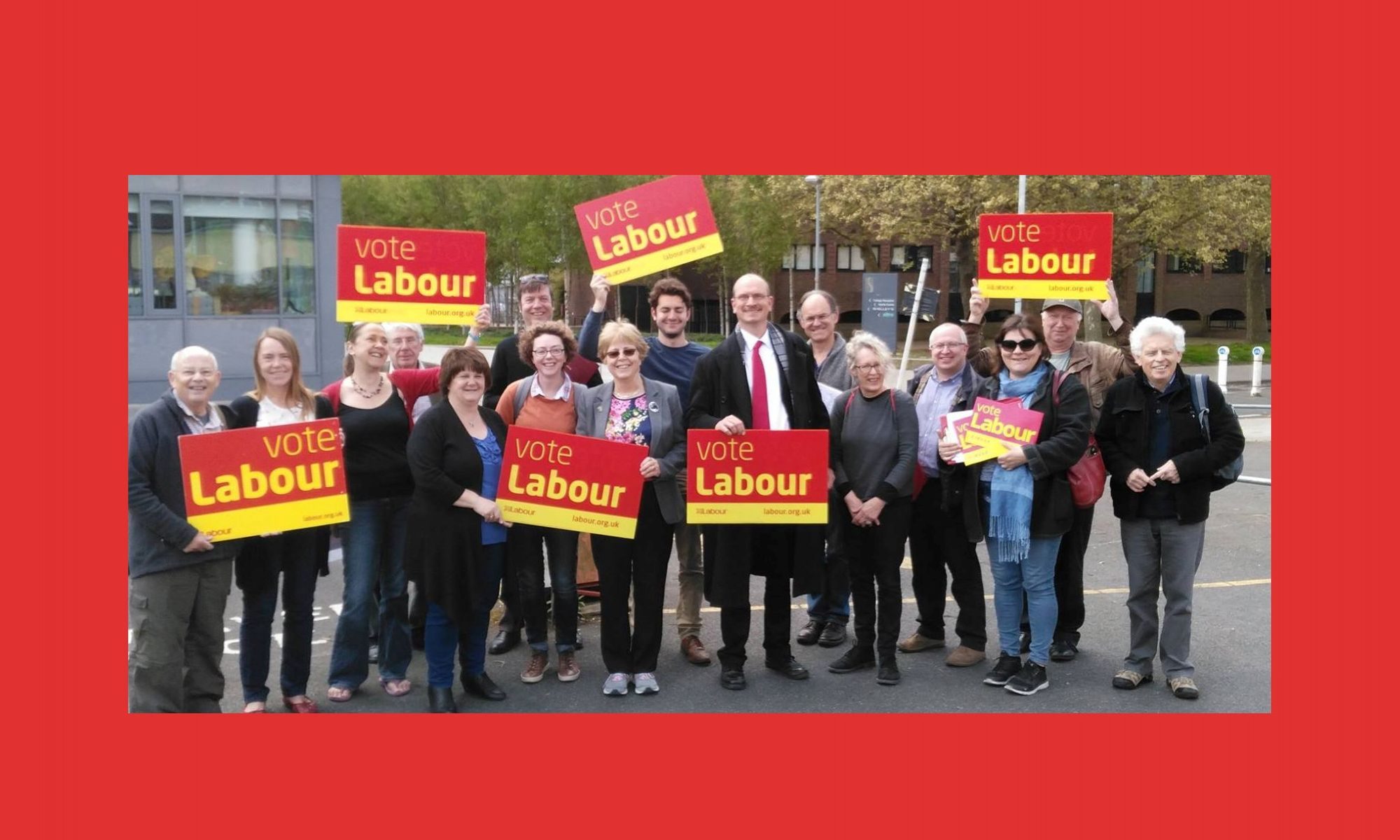Last year, after yet another “inadequate” inspection result, I met with leading managers of the Norfolk & Suffolk Foundation Trust (NSFT) to hear what they thought needed to change. (NSFT doesn’t actually have the words “Mental Health” in its title which is a little unhelpful, so I will call it the mental health trust).
I have been elected to represent the residents of my Constituency. I am not here to speak on behalf of the mental health trust, or of Ipswich Hospital management, or of the Secretary of State for Health, or of the County Council. I am not here to try to persuade the readers of the East Anglian and the Star that all is well. What I do want to do, if I can, is to make the right interventions to the right people at the right time so that things might go a bit better. In order to do that, the first step is to acknowledge that there are problems.
I am not a medical expert, and so I don’t understand better than the medical profession what needs to improve. But I do know that it’s good to be accountable to the people you are there to serve, for a mental health manager just as for a councillor or an MP. That’s why there’s a Trustees Board, and regular inspections, and why the management must take the results of those inspections seriously, and why as one of the local MPs I should expect to hear about actions being taken to improve the situation.
I was told, last year, that the inspectors had picked up on points which had already been sorted, or which were being sorted, or which were not relevant. I was assured that there was not going to be a catastrophic shortage of staff, and that in a year’s time we would all be able to see significant improvements. I was impressed by the calm determination of the management and by the dedication and hard work of the staff – I still am. But that doesn’t alter the fact that there is a problem.
People with mental health problems are being left without care or put on waiting lists. The Police are often left having to pick up the pieces – not a role that they are resourced for or qualified to do.
A week ago, we heard of a 20-year-old who has been sent to a unit in Derbyshire, 150 miles away, because of the closure of Lark Ward due to catastrophic staff shortages. There were already other cases of people being cared for away from Ipswich. I cannot see how separating someone from their family and friends, and sending them far away to a place they do not know, is going to help improve their mental health.
While 77% of staff at Ipswich Hospital say they are happy with the standard of care in their hospital – 6% higher than the national average, and growing – at NSFT only 42% of mental health staff would feel happy for a member of their own family to have treatment from the Trust they work for.
There’s a danger that pointing out the problems might damage the morale of the remaining staff even more. I don’t wear that argument. The current interim Chief Executive is set to leave. The staff know they need more colleagues and better resources – they don’t need to hear it from me. If the Board and the new Chief Executive are going to rescue the situation, they are going to have to start by acknowledging that it needs rescuing.
As a society we do not take mental health anywhere near seriously enough. Suicide is one of the biggest killers of otherwise healthy people – especially younger men. The financial resources and training facilities for mental health are wholly inadequate. Far better outcomes could be achieved for patients if they could be helped earlier- but that won’t happen unless and until there are more staff.
I have immense respect for the doctors and nurses and other staff in the Norfolk and Suffolk (mental health) Foundation Trust who have struggled on, but they do now need a management which will tell it how it is. Last Friday we learnt that the bid for an additional £5 million to try to solve immediate safety issues had been turned down. Whoever is in management, they won’t be able to rescue our mental health services until they can make the government see the gravity of the situation and give them the resources they need.
